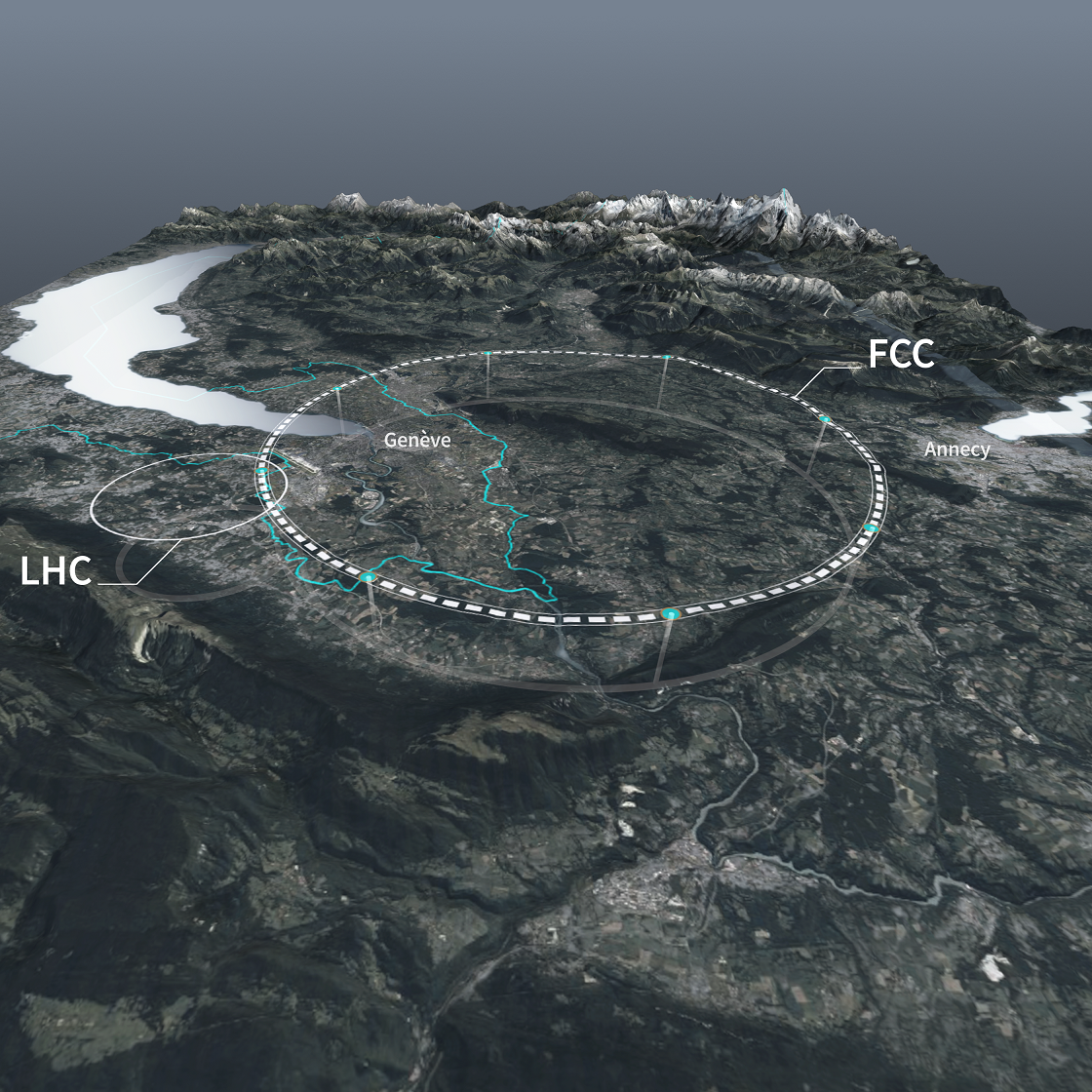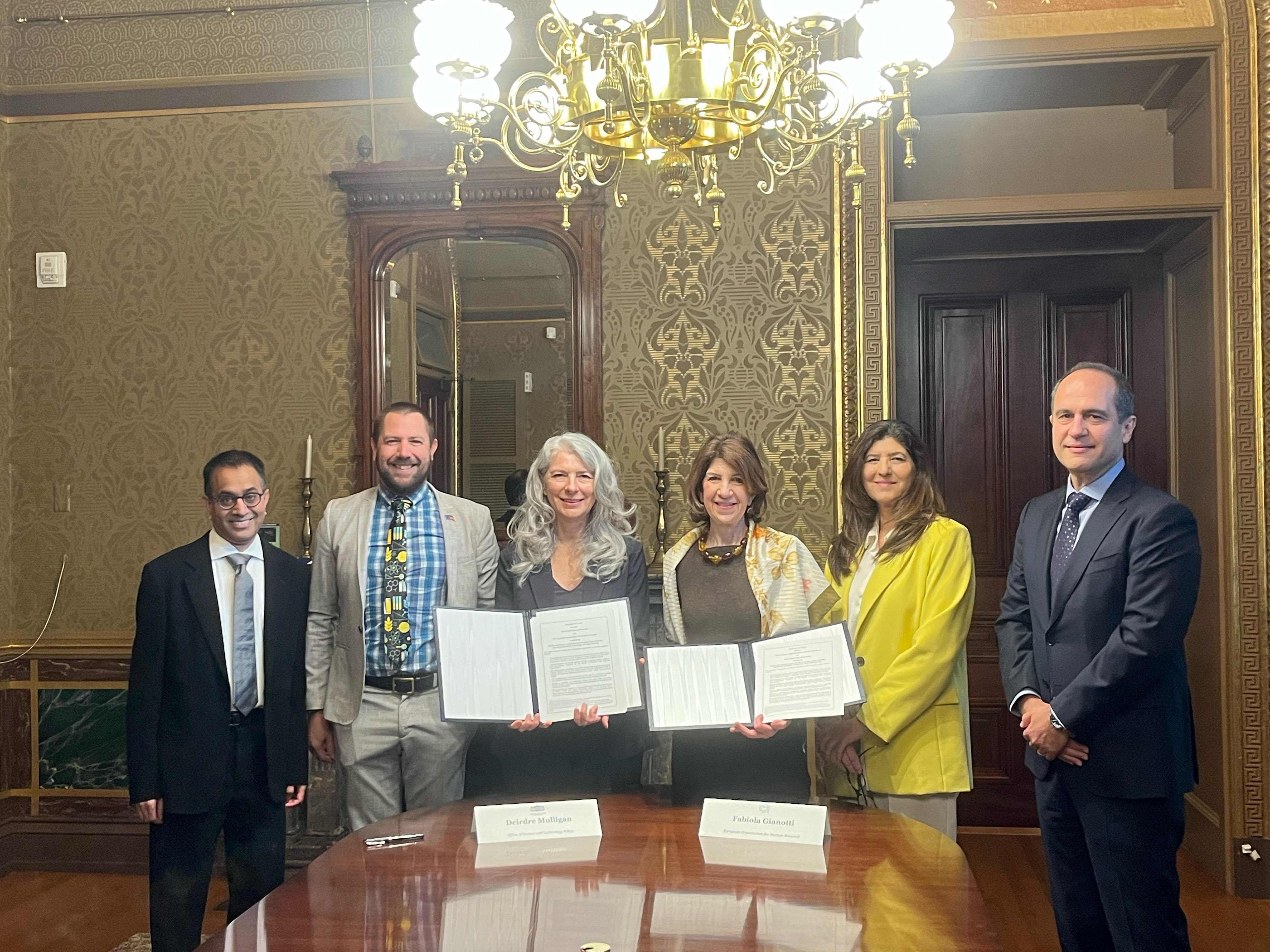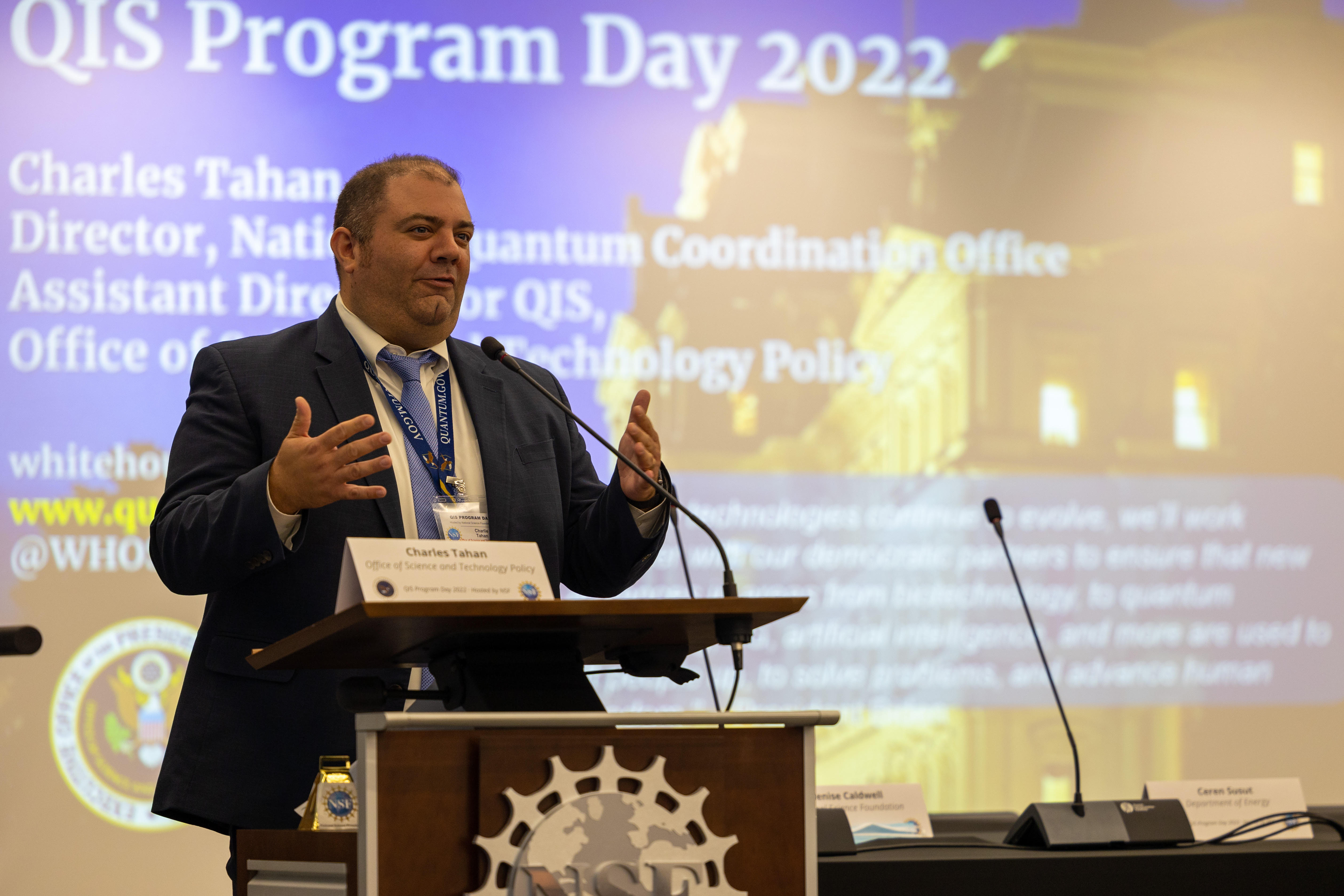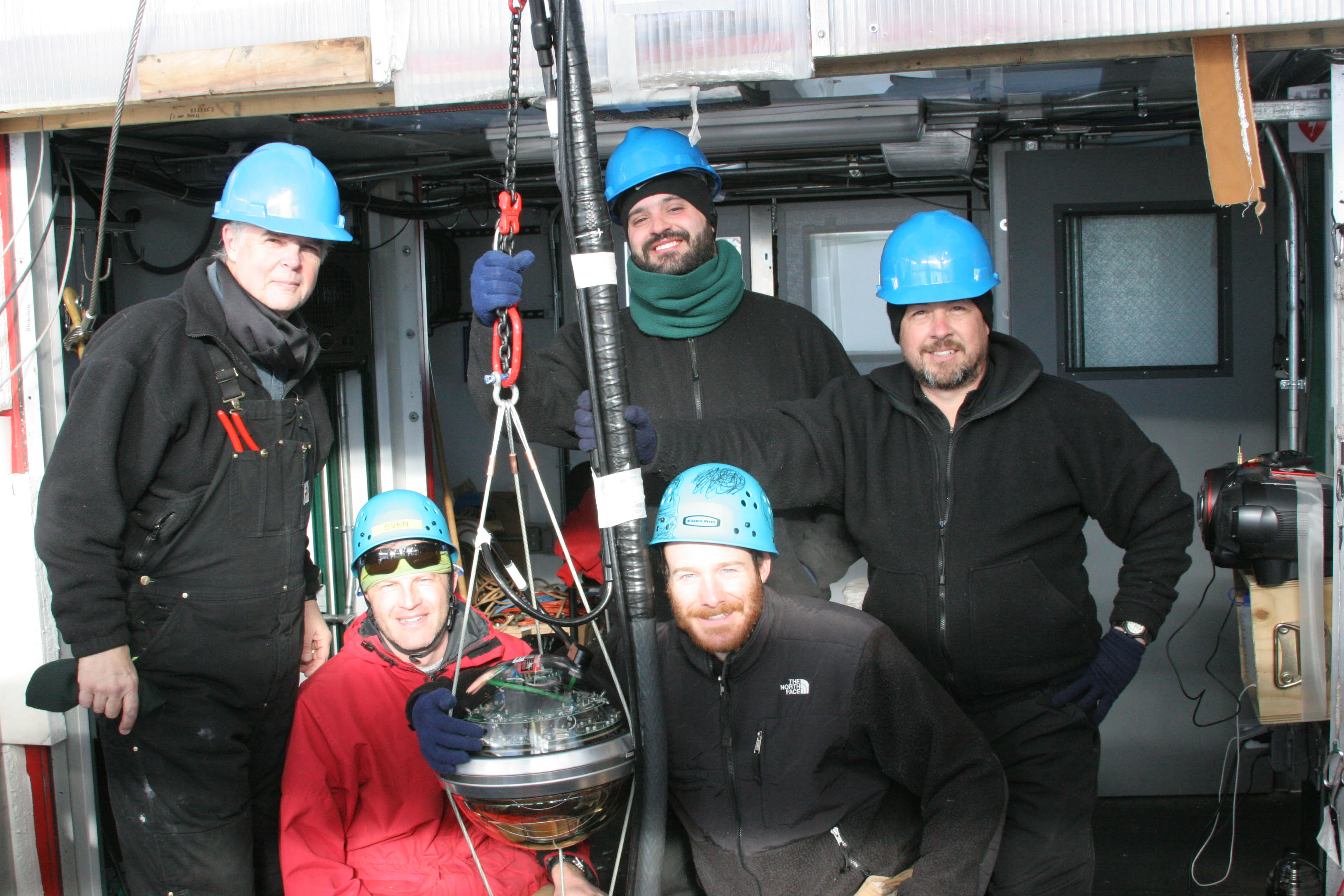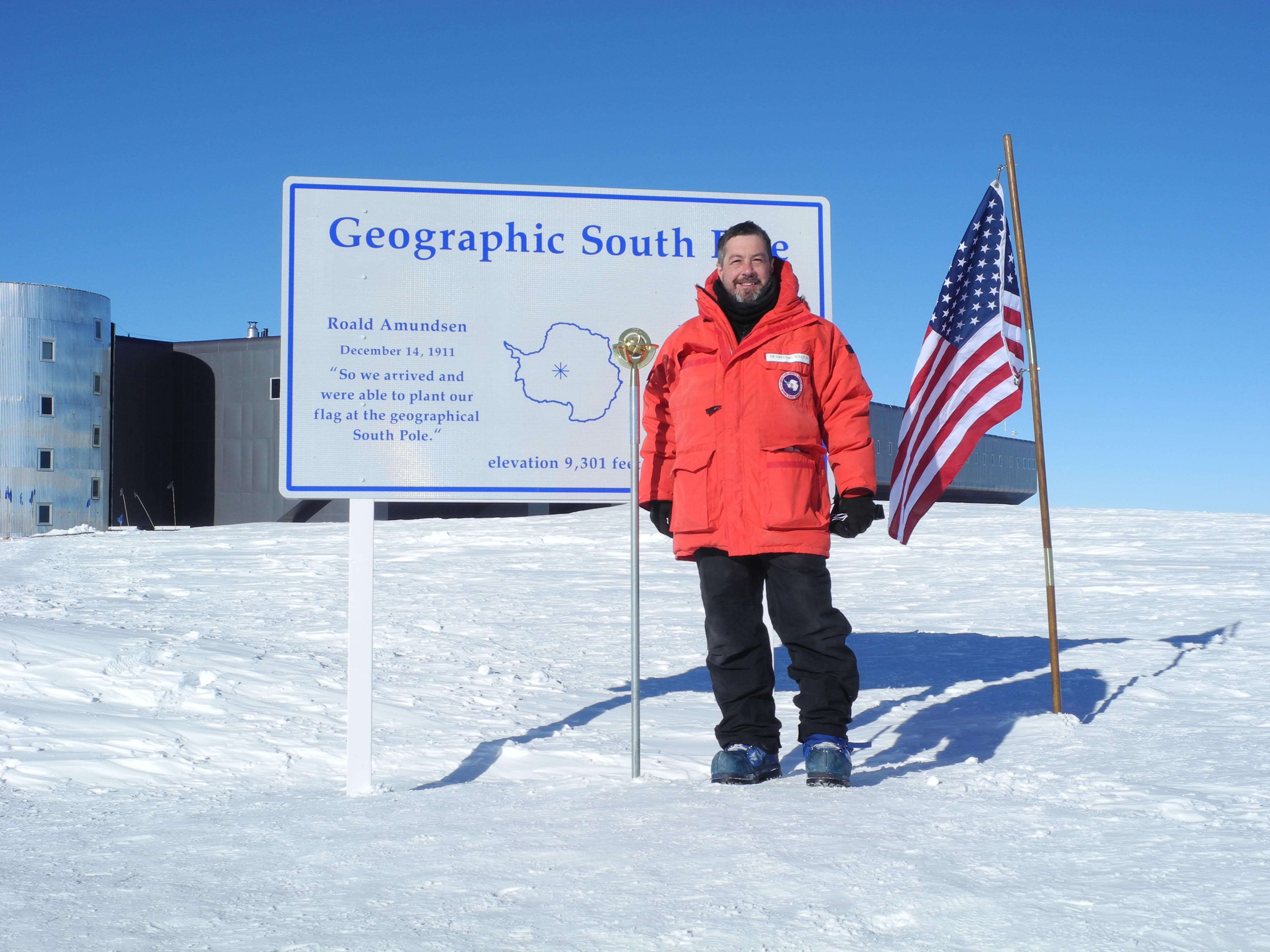Since 1987, the University of Maryland has presented an annual Invention of the Year Award to celebrate all the innovative work produced by researchers on the campus. This year JQI researchers and their colleagues have won in the quantum category for a new method for counting particles of light—photons—without destroying them. Non-destructively counting photons has potential uses in quantum computers and quantum networks that store information in quantum states of light.
The co-inventors nominated for their non-destructive photon counting protocol are:
- Alexey Gorshkov: JQI Fellow, Physicist at the National Institute of Standards and Technology (NIST), a Fellow of the Joint Center for Quantum Information and Computer Science (QuICS) and Adjunct Professor in the UMD Department of Physics and UMIACS
- Michael J. Gullans: Physicist at NIST, QuICS Fellow and Adjunct Assistant Professor in the UMD Department of Physics and UMIACS
- Trey Porto: JQI Fellow, Physicist at NIST and Adjunct Professor in the UMD Department of Physics
- Chris Fechisin: JQI and QuICS graduate student
- Kunal Sharma: Former QuICS Hartree Postdoctoral Fellow
- Przemyslaw Bienias: Former JQI and QuICS postdoctoral researcher
- Steve Rolston: JQI Fellow and Professor in the UMD Department of Physics
In 2023, researchers at UMD disclosed a total of 154 inventions, and three teams of inventors were selected as finalists for the award in each of the four categories of Information Sciences, Life Sciences, Physical Sciences and Quantum. The inventions were judged based on their technical merit, the improvements they offer, and their commercial potential and overall benefit to society.
“It's really nice to be recognized, especially for quantum science because I think sometimes we feel as theorists that we're a little bit more distant from scientific applications, in the sense that a lot of times we're not working on things that are instantly profitable,” says Fechisin. “So it's nice for people to recognize that there's still interesting work and exciting work being done.”
Fechisin is the first author of a paper that the group has posted to the arXiv preprint server that describes the procedure they invented. The team’s approach uses an organized sheet of atoms to absorb photons temporarily and serve as an intermediary. Probing the atoms allows the number of photons that were absorbed to be measured before they are eventually emitted back out of the atoms.
“Photons are hard to work with and don't typically interact with one another,” Fechisin says. “But atoms are easy to work with, and you can make them interact. So you take information stored in photons, which don't easily talk to each other and are hard to pin down, and you convert the photonic data into atomic data.”
In the paper, the team described the procedure and outlined what is needed from the atoms so that they and the photons can be quantum mechanically tied together and measured, without destroying the photons.
The approach works because when atoms in the array absorb light, they can be made to cycle between quantum states at different rates that depend on how many photons have been absorbed. In their proposal, the team described how a series of measurements can home in on the particular frequency the atoms are cycling at, identifying the corresponding number of photons. After the count is obtained, the atoms can emit the photons. The paper also includes an analysis of how to choose an efficient set of measurements to reliably identify the correct cycling frequency.
“The protocol works in a way that's kind of elegant,” Fechisin says. “You have information stored in these unwieldy photons, you turn it into atomic excitations over which you have a much greater degree of control, and then you just very neatly get this signal, which contains exactly the information that you want.”
The team plans to publish their proposal in a peer-reviewed journal and hopes that other research groups will apply this invention in their future experiments.
Original story by Bailey Bedford: https://jqi.umd.edu/news/jqi-researchers-win-2023-umd-quantum-invention-year-award
